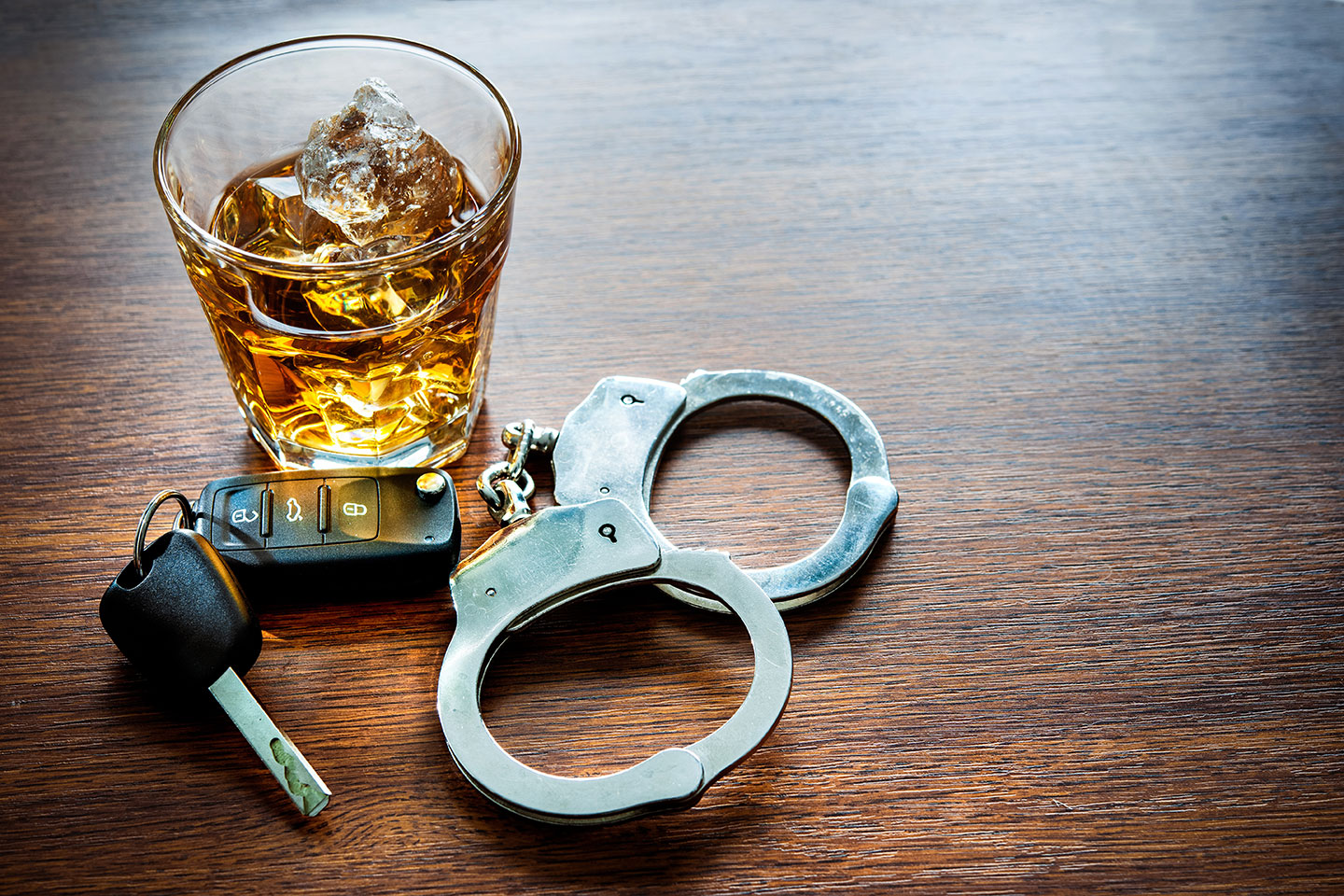
In many states, there are distinct differences and similarities between DUI (driving under the influence) and DWI (driving while intoxicated) offenses. Although those differences are less strictly relevant in Washington State, it’s crucial to comply with the law and take appropriate measures to prevent impaired driving.
The Similarities Between DUI and DWI
Impaired Driving
Both DUI and DWI in Washington State involve operating a motor vehicle while under the influence of alcohol, drugs, or a combination of both, which impairs the driver’s ability to operate the vehicle safely.
Per Se DUI Law
Apart from whether someone was driving while actually impaired by alcohol drugs drugs or both, it is unlawful “Per Se” to drive with a BAC of .08 or higher or with 5ng. of THC in your blood.
Legal Consequences
Both offenses can carry severe legal consequences. A conviction for DUI or DWI can result in fines, license suspension, mandatory alcohol education programs, probation, community service, and even imprisonment, depending on the severity of the offense and prior convictions.
Lower Tolerance for Minors Regarding DUI/DWI
Washington minor DUI law prohibits driving with a BAC of .02 or higher for alcohol and .00 (Zero) THC for persons under 21.
The Differences Between DUI and DWI
Terminology
The primary difference between DUI and DWI lies in the terminology used in different jurisdictions. Some states use the term DUI, while others use DWI to describe impaired driving offenses. Still other states may use both terms to denote different levels of impairment or prior convictions. In Washington State, the terms DUI and DWI are often used interchangeably. Although both terms refer to impaired driving, the official legal term used in Washington is DUI.
Penalties and Convictions
The penalties and convictions for DUI and DWI can vary between jurisdictions. In some cases, the severity of the offense and the penalties imposed may differ depending on whether it’s considered a DUI or DWI charge. The penalties for DUI offenses in Washington State can vary based on several factors, including your BAC level, prior convictions, and the presence of aggravating circumstances. Penalties may include fines, mandatory ignition interlock devices, license suspension, alcohol treatment programs, probation, and possible incarceration. Repeat offenders and those with extremely high BAC levels may face more severe penalties.
Vehicle Impoundment
In certain circumstances, if your vehicle is involved in a DUI offense, it may be impounded. This can occur if you have prior DUI convictions, are driving with a suspended license, or if your BAC level exceeds a certain threshold.
Drug Impairment
In some jurisdictions, the terms DUI and DWI may also differ based on your perceived impairment as a driver. For example, a DUI charge may be applied if you’re deemed to be operating the vehicle while impaired, even if your BAC level is below the “Per Se” legal limit. On the other hand, you may get a DWI charge when your BAC level exceeds the legal limit, regardless of your perceived impairment. In Washington State, DUI laws cover not only alcohol impairment but also impairment caused by drugs, including illegal substances and certain prescription medications. The bottom line: if you’re found to be operating a vehicle while impaired by drugs in Washington State, you can be charged with DUI.
Contact The Law Office of David Lousteau
if you’re dealing with a DUI/DWI legal case in Olympia, Washington or the surrounding area, you can contact The Law Office of David Lousteau, PLLC for a free consultation. We defend the rights of the accused and help you navigate the juvenile law process. Visit us online or call us at (360) 493-2600 for an immediate response. We look forward to helping you with your case.